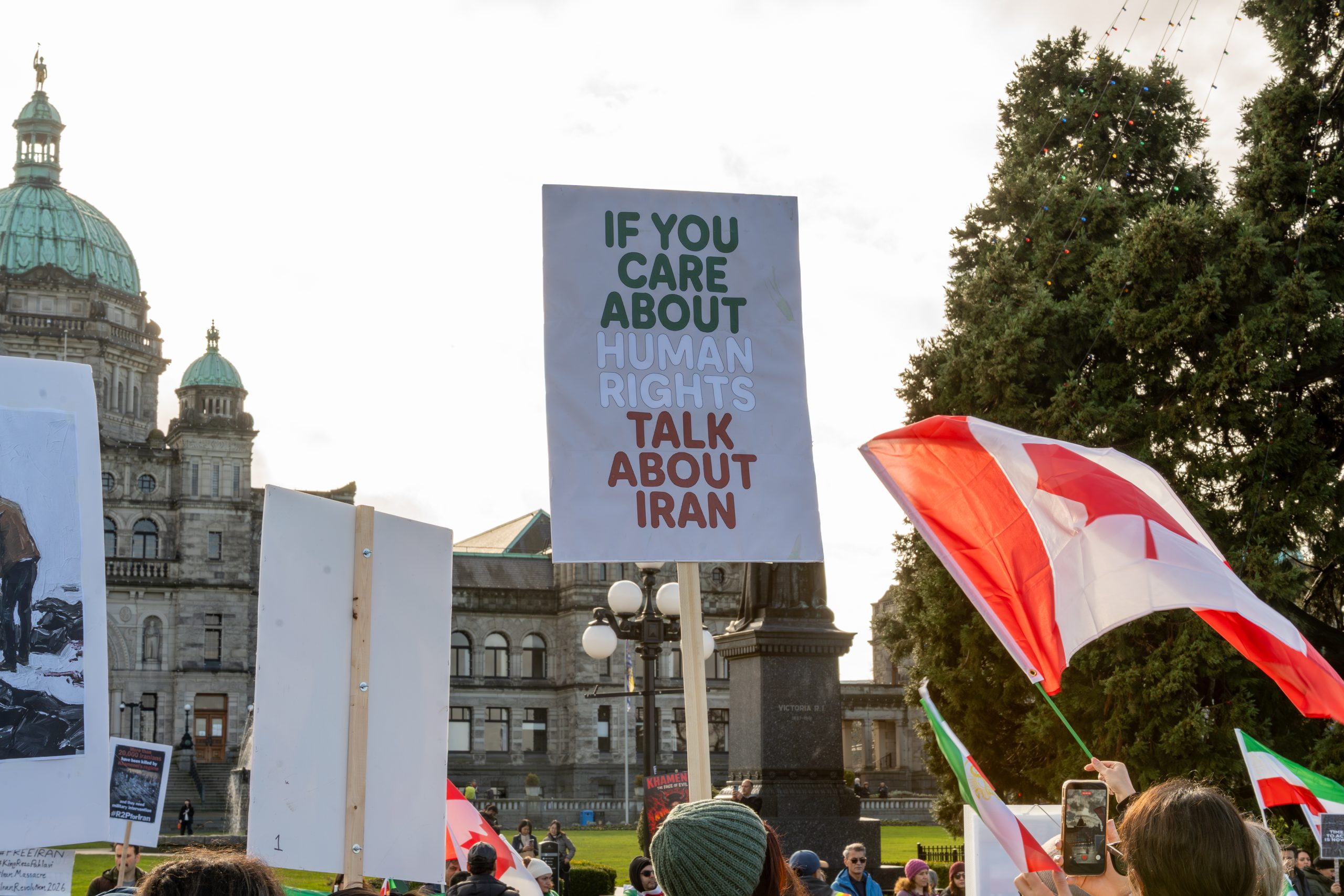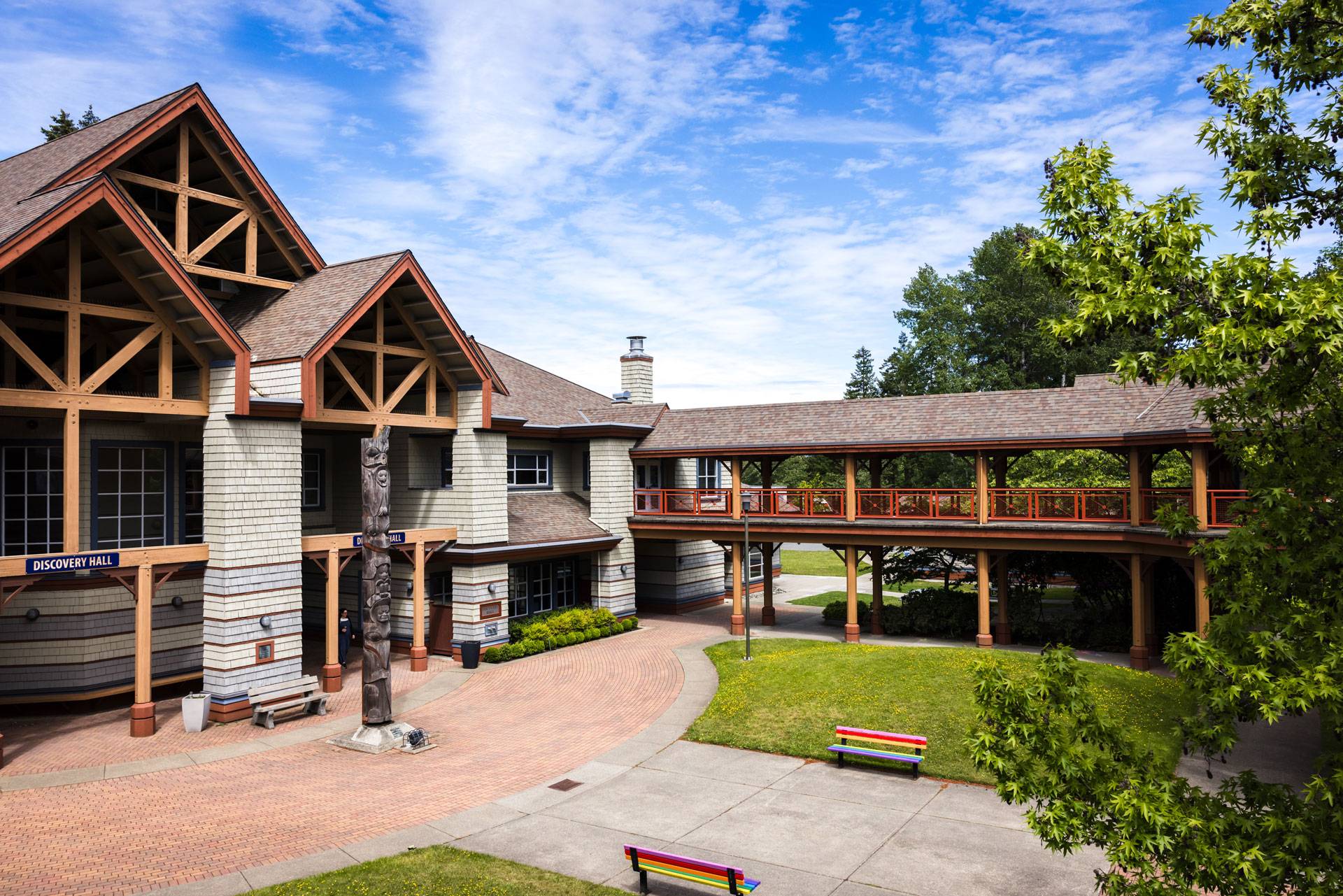Following the UVSS’s retraction of a $6 000 academic grant paid to the Undergraduates of Political Science (UPS) to fund a conference hosted by the Canadian Political Science Students’ Association (CPSSA), many of the involved parties have been left with more questions than answers.
The fallout from the grant’s opposition was the centre of debate for almost an hour at the Course Union Council (CUC) meeting on Nov. 4.
Various UVSS board members were in attendance for the meeting, which opened with an announcement from Director of Student Affairs Kaylee Szakacs that the $6 000 originally approved by the CUC was now back in the Academic Fund.
With the floor open to other course union reps, UPS President Wesley Boyd pointed out that the discussions he’d had with the UVSS since the Nov. 2 board meeting were unproductive, and that it seemed the onus was on him to shoulder the financial burden that came with cancelling the grant payment.
“Upon approval from this body, that money was spent and a cheque was issued and cancelled after being received and deposited,” Boyd said.
“I am currently at about negative $3 700 [in my personal account]. My rent bounced. I couldn’t buy my lunch yesterday because the UVSS took this money back.”
Boyd continued to say that he had received an email from UVSS management saying that, contrary to his prior understanding, “if [he] did not agree to cancel this conference . . . they were fairly certain that [he] would not receive reimbursement.”
The board had previously agreed on Nov. 2 that they would shoulder any costs that come with cancelling the conference. Speaking with the Martlet over email, Szakacs confirmed that if the conference were cancelled or delayed “pending appropriate consultation,” then the board would incur those costs.
However, if the organizers decide to go ahead as originally planned, it’ll be at their own expense, as the board “unanimously voted to not financially support a conversation about sovereignty” that was taking place without properly including indigenous communities, according to Szakacs.
At the CUC meeting, other course union reps expressed unease with the board’s perceived ability to veto any funding approved by the CUC, with some worrying that NSU board rep Blake Desjarlais and other advocacy groups had too much influence on the board’s decision-making.
A general sense of frustration that the CUC’s decision was overturned by the board steered most of the discussion, but the council ultimately moved on when they determined there was nothing they could do at that meeting.
The CUC had originally approved the grant on Oct. 7 pending final approval from the board; a motion to approve was brought to the board on Oct. 26. Before that meeting, however, UPS Vice-President Kayleigh Erickson said the UPS was told by the UVSS that the cheque was ready. Erickson explained that Boyd needed the $6 000 to pay a deposit on a hotel for the conference, and so he paid the deposit with his credit card once the cheque was received.
“Then we received an urgent email right after the [Oct. 26] board meeting in which it was supposed to be passed,” Erickson said. “And we were all kind of caught off guard reading this email saying there was going to be a stop-payment put on this cheque . . . pending a presentation by [the UPS] to the board.”
As previously reported, the presentation did not produce the results for which the UPS had hoped. The grant was opposed by the NSU and the board, leaving Boyd on the hook for the hotel deposit.
Erickson said the board’s opposition was surprising because some members on the board knew about the conference long before the funding request was made, so she wasn’t sure why the board “acted like they had never heard of this conference before.”
“All of us [at the meeting] were really caught off guard, because no one on this board was willing to take responsibility for their own actions within [sic] this conference,” she said.
Szakacs told the Martlet that “mistakes were made while trying to accommodate the UPS’ time sensitive request” and that the UVSS “takes full responsibility for our mistakes in this process.”
“We are in the process of revisiting how we can be be accommodating of event organizers on tight timelines while ensuring Board oversight,” she continued.
Speaking with the Martlet after the Nov. 2 board meeting, Desjarlais said that “it takes a lot of humbleness [sic] to admit when you’re wrong and move forward,” and that the NSU would be working with the parties involved to find a productive solution for everyone. But he also said “[the board has] inherited a problem, which is these terrible conventions of approving things before [they’ve] actually been approved.”
When asked to respond to Desjarlais’ comments, Szakacs acknowledged that “colonialism is an ongoing process within which we are embedded,” and that “structural changes [in governance] that will facilitate robust communication are being explored.”
More on this story as it develops.






